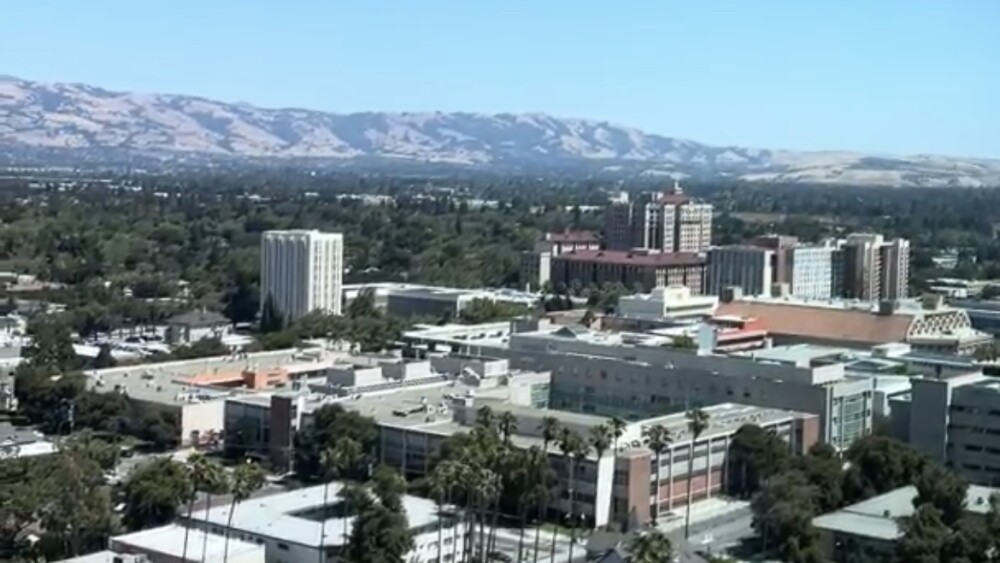A slew of California state laws will take effect in the new year, and as residents of San Jose we must ask — which ones will affect us the most?
Though there are more than 20 making their statewide debut, we’re breaking down how three of these laws will directly impact San Jose.
AB 645: Speed cameras
This particular law will install speed cameras in school zones + areas with high accident rates and street racing. The pilot program’s aim is to deter speeding and collect findings in SJ and five other cities.
What it’ll look like: Based on data from the City of San Jose’s Vision Zero Task Force, the cameras will most likely be installed in east San Jose, with particular emphasis along Capitol Expressway + Tully, Story, and Monterey roads.
SB 525: Healthcare minimum wage
Early October, more than 75,000 Kaiser Permanente employees went on the largest healthcare worker strike in US history during ongoing healthcare workers’ rights + wage negotiations. Governor Newsom later signed a bill that will gradually raise the minimum wage starting June 1, 2024.
What it’ll look like: Large health systems with 10,000+ full-time employees will be required to pay workers a minimum of $23/hour, then $24 in 2025, and $25 in 2026. This will impact our region’s five Kaiser clinics, as well as other primary care, community, and urgent care clinics.
SB 4: Affordable housing sites
This new law allows churches, religious organizations + non-profit colleges to build affordable housing on their property.
What it’ll look like: In 2021, an affordable housing project was proposed on a large lot of the Cathedral of Faith on Canoas Garden Avenue. Due to laws at the time, it had to go through a nearly two-year rezoning process before it could break ground. Now, there will be less administrative delays at future sites, and local organizations will be able to build on-site affordable housing at a faster rate.
Curious about the others? Learn more about how these laws may impact you.

